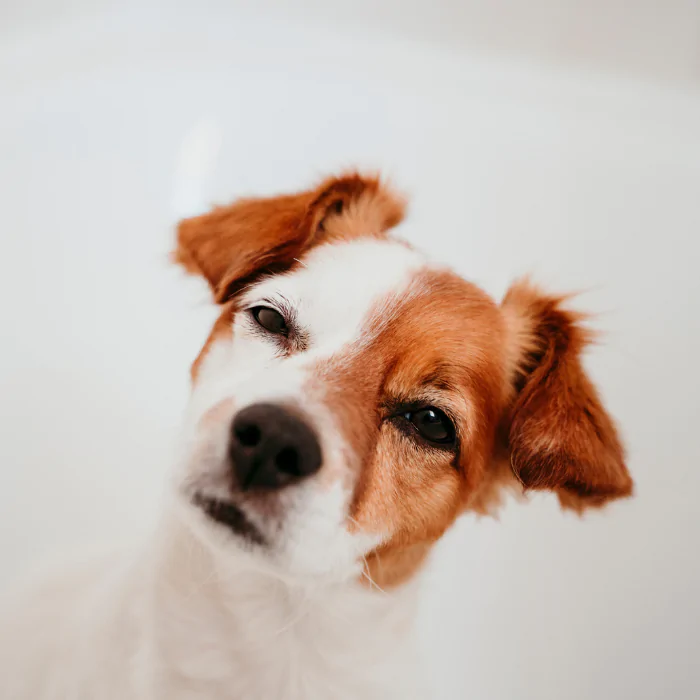
Understanding puppy vaccinations

Dr Jessica May, FirstVet vet
18 September 2021 | 8 minutes read
Ready to learn all about vaccinating your new canine friend? We’re here to unleash the need-to-knows on puppy vaccinations. Find out from FirstVet vet Dr Jessica May why you should vaccinate your pup, what injections they are given, how often, and when it’s safe to walk them outside.
Table of Contents:
- Why do I need to vaccinate my puppy?
- What vaccinations do puppies need in the UK?
> Kennel cough
> Canine distemper
> Leptospirosis
> Parvovirus
> Do puppies need three vaccinations? - How often do puppies need vaccinations?
> What do I do if I’m late with my puppy vaccinations? - How much do puppy vaccinations cost?
- When is it safe to go outside with puppy vaccinations?
> Can I carry my puppy outside before vaccinations?
> Can my puppy go in the garden after their first vaccination?
> Can you walk a puppy after their second vaccination?
> I took my puppy outside before vaccinations, what should I do? - Other questions about puppy vaccinations
> What if I don’t know if my puppy has had vaccinations?
> Should I be concerned about any after vaccination side effects in my puppy?
> Can I do my puppy vaccinations at home?
> What else do I need to do to protect my puppy?
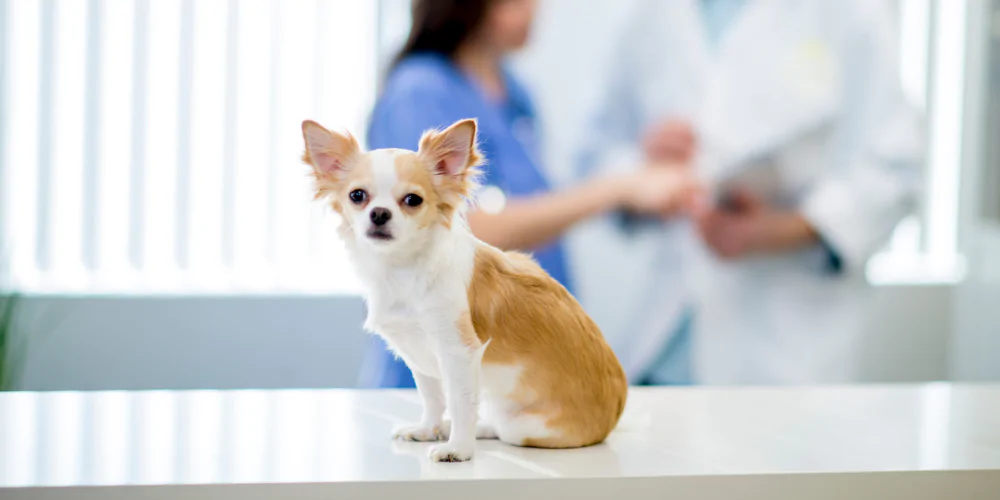
Why do I need to vaccinate my puppy?
Vets recommend that you vaccinate your puppy to protect them against potentially fatal diseases such as parvovirus. Vaccinating also prevents (or reduces the risk of) your pup passing infections onto other dogs. After they’ve had their initial injections, vets advise on keeping up with regular booster shots throughout their life.
Puppies need vaccinations as they have naturally weaker immune systems, meaning they have a higher chance of getting poorly. This is why it’s important to keep your new canine pal away from other unvaccinated dogs until they’ve had all of their vaccines.
It’s also important to know that when you’re looking to insure your puppy, most pet insurers will want them to be vaccinated. Take a look at your policy wording document to check your insurer’s requirements.
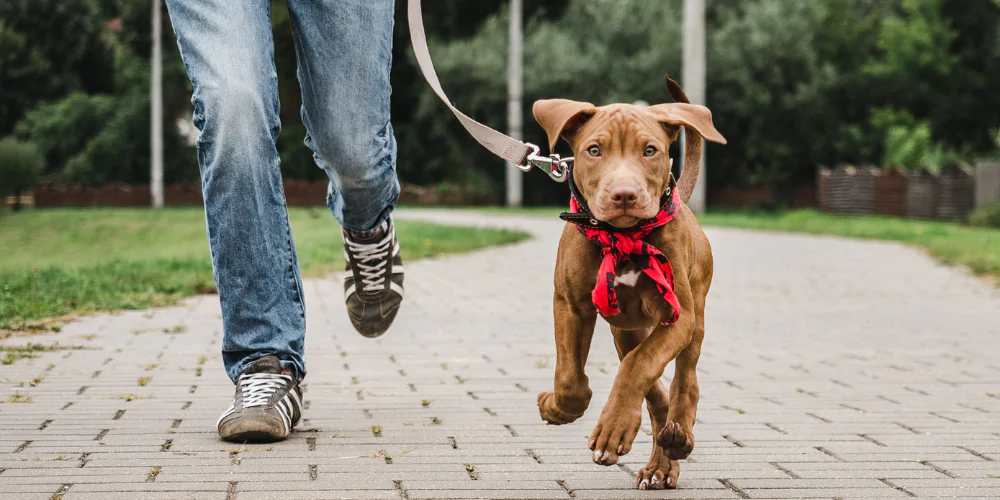
What vaccinations do puppies need in the UK?
Puppies can be vaccinated against four diseases in the UK: kennel cough, canine distemper, leptospirosis, and parvovirus. Your vet will also discuss giving your pup a rabies vaccination if you plan on travelling abroad with them.
Side note – vaccinations (both the optional ones and those legally required) vary across the world. It’s best to check your country’s specific requirements if you’re not based in the UK.
> Kennel cough
Kennel cough is a more common name for dog bronchitis and is an infectious illness that affects your puppy’s respiratory system.
- Kennel cough can be caused by a number (and sometimes a combination) of viruses and bacteria.
- It’s more dangerous for puppies as it can develop into pneumonia.
- You can recognise this illness by symptoms such as a hacking cough, sneezing, runny nose, and discharge from the eyes.
> Canine distemper
Canine distemper is another potentially fatal virus that is related to human measles.
- It can spread in the air, through contact with bodily fluids (such as saliva) from infected dogs, and from infected surfaces.
- Distemper attacks a puppy’s immune system, nervous system, and other parts of its body.
- Initial symptoms can include coughing, runny eyes/nose, lethargy, and lack of appetite.
- This can then progress to thickened paw pads, diarrhoea, and vomiting, followed by tremors, seizures, and a drop in motor functions.
> Leptospirosis
Leptospirosis is an infectious bacterial disease that can enter a puppy’s body through wounds, the mouth, or the nose.
- Your puppy can catch it from infected dogs, infected wet ground/water, and urine from an infected animal.
- Puppies based on a farm or who love to swim are more at risk of catching lepto. It can also be passed to humans and cause us serious illness.
- Signs that your puppy is infected with leptospirosis include weakness, vomiting, bloody diarrhoea, laboured breathing, and fever.
> Parvovirus
Parvovirus, also known as CPV, is a highly contagious and potentially fatal virus that attacks a puppy’s intestines.
- Parvovirus spreads through body fluids and can still be present in dog stool and vomit for up to 6 months.
- It causes severe diarrhoea, vomiting, and dehydration with other symptoms including lethargy and lack of appetite.
> Do puppies need three vaccinations?
Your puppy can be given two sets of vaccinations and each round is given as one injection. The shot includes parvovirus, distemper, and canine hepatitis. An additional leptospirosis vaccination is given at the same time, while kennel cough is given to your puppy up their nose. Sometimes a vet can recommend a third course of injections for high-risk pups.
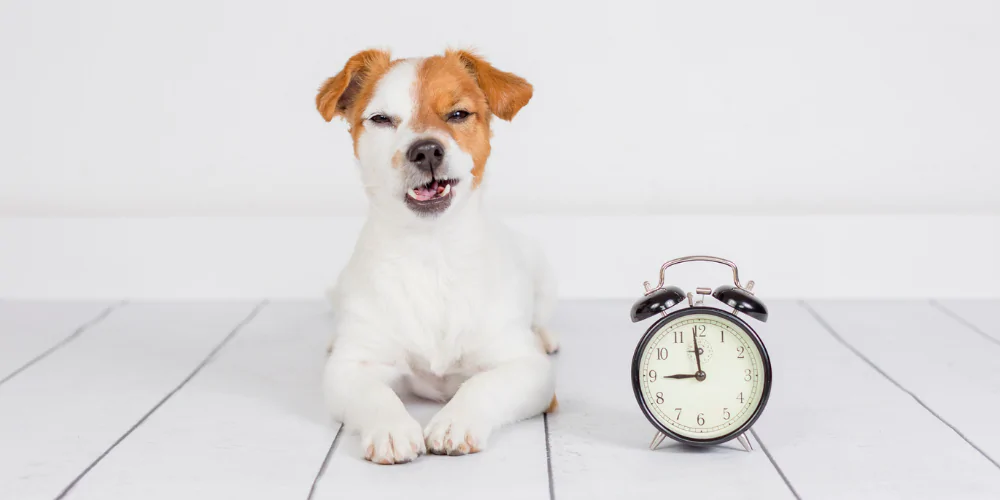
How often do puppies need vaccinations?
With all the fun (and occasional chaos) of welcoming a puppy into your home, it can be a struggle to remember everything they need.
Never fear, our handy puppy vaccination schedule is here! This is a general schedule for puppy vaccinations and can vary depending on when you get your puppy. As we mentioned before, your vet will break down the specifics for your particular pup at their first vaccination appointment.
- 0 – 6 weeks = Puppies are feeding from mum and getting natural antibodies from her milk.
- 6 – 8 weeks = Puppies get the first set of their ‘primary course’ vaccinations (which includes either two or three injections), given two to four weeks apart.
- 8 – 12 weeks = Now it’s time for the second set of their ‘primary course’, given around two to four weeks after the first round.
- 6 months – 1 year = Booster vaccinations are needed either at six months or a year old.
> What do I do if I’m late with my puppy vaccinations?
If you are late with your puppy vaccinations, speak to your vet. There is a small window after the original due date where your vet may be able to still do the injection. After this time, it’s likely that your puppy will need to start over their vaccination course.
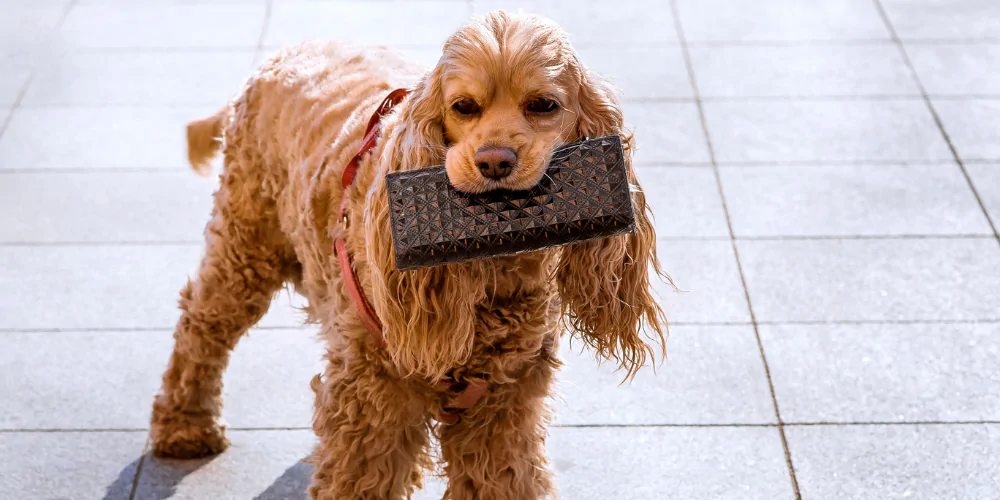
How much do puppy vaccinations cost?
Costs differ between practices, so reach out to your vet for a specific pricing list. Puppy vaccinations average between £30 and £70 for their primary course.
Many vets also offer a health club plan where you can pay a monthly amount that covers annual checkups, vaccinations, and flea and worming treatments.
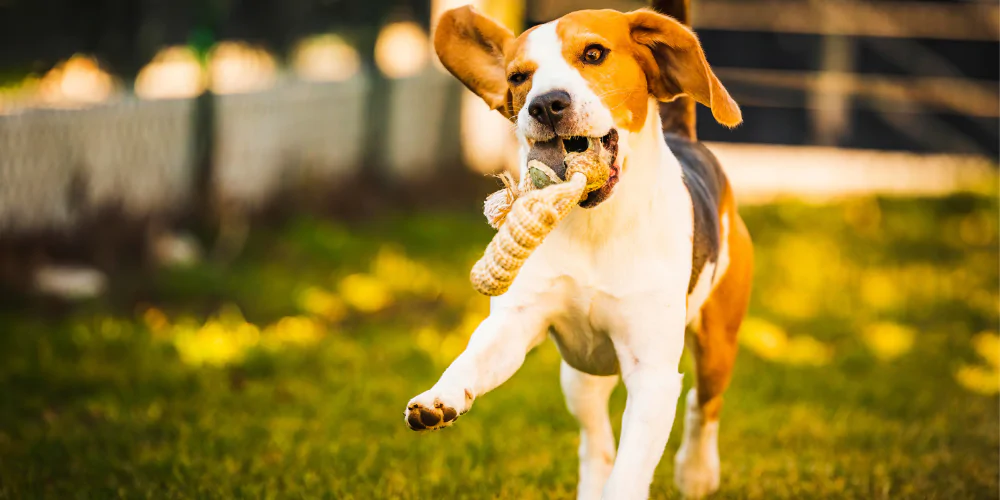
When is it safe to go outside with puppy vaccinations?
> Can I carry my puppy outside before vaccinations?
It’s OK to carry your pup outside before vaccinations, just don’t set them down on the ground and don’t let them get close to other dogs. Your little canine’s immunity will be low, so they’re highly susceptible to picking up nasties.
> Can my puppy go in the garden after their first vaccination?
Do you have a clean and secure space that isn’t being used by unvaccinated dogs? If so, it’s absolutely fine to let your puppy go in the garden after their first vaccination. Use the time to introduce toilet training and build up their confidence towards different smells and sounds.
> Can you walk a puppy after their second vaccination?
Yes, you can walk a puppy after their second vaccination, provided it’s their final round of injections. You’ll need to wait for a week or two first (your vet will recommend the best time) but then you’re good to go and explore the neighbourhood.
> I took my puppy outside before vaccinations, what should I do?
Taking your pup outside the home before they’ve had their vaccinations can put them at risk of picking up a virus. Visit your vets if you’ve taken out your puppy into the big wide world too soon and they can do a health check.
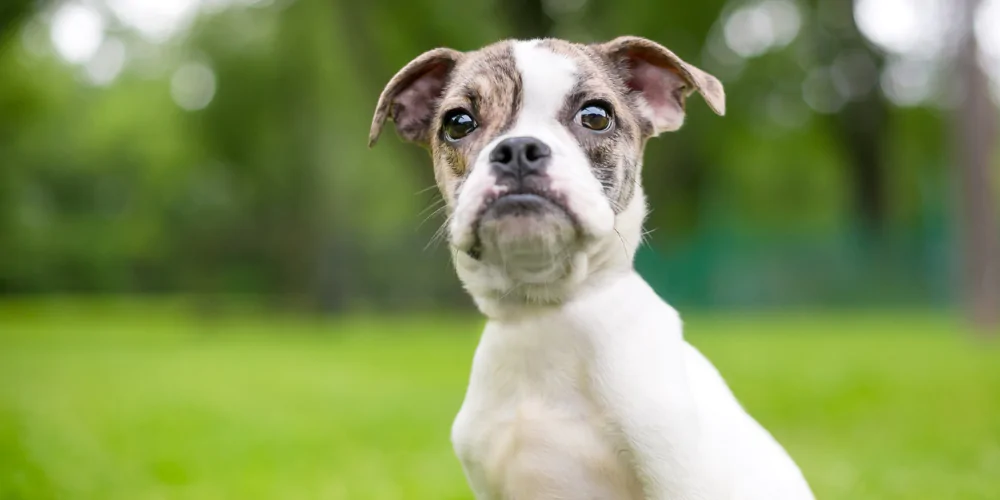
Other questions about puppy vaccinations
> What if I don’t know if my puppy has had vaccinations?
If you’ve taken in a stray puppy, you probably won’t know about its medical history. If you’re not sure whether your puppy has had their vaccinations, speak to your vet and they will advise on what’s best.
Reputable breeders should have vaccinated your puppy at the right age and be able to provide evidence of this from their vets. Puppies adopted from a charity or rescue centre have normally already been given their first vaccinations and these are normally included in the rehoming costs.
> Should I be concerned about any after vaccination side effects in my puppy?
While very uncommon, it is possible for your puppy to experience side effects after their vaccinations. Most of these are mild and will go away after a few days with no long-lasting effects. On rare occasions, some puppies may have more severe allergic reactions. Speak to your vet if you have any concerns.
Milder side effects include lethargy, fever, lack of appetite, and mild swelling. More severe and rarer side effects include vomiting, diarrhoea, seizures, collapsing, and difficulty breathing. Monitor your puppy after their injections and, if they show any of these signs, take them straight to the vets.
> Can I do my puppy vaccinations at home?
Vets recommend that you bring your puppy in for their vaccinations to make sure they’re done correctly and in a safe environment. There may be some instances where a puppy needs to be vaccinated at home, but this is only at the recommendation of your vet.
> What else do I need to do to protect my puppy?
At your pup’s appointment, your vet will chat with you about other ways you can keep them safe and healthy. This includes:
- Worming treatment, which will be specific to the age and weight of your pup and recommended to be followed up every 1-3 months.
- Flea treatments, available in different options such as tablets, spot-on, injections, and collars.
- Microchipping, a legal requirement in the UK for any dog aged eight weeks or older.
- Training classes, if you think you need help housetraining your pup and the essential commands. Classes can also be a good socialisation opportunity.
- Diet, including what to look out for when choosing their food and how to transition to a new type or brand.
Put your paws up if you want your puppy to be happy and healthy! We do too – that’s why we offer comprehensive lifetime dog insurance.


